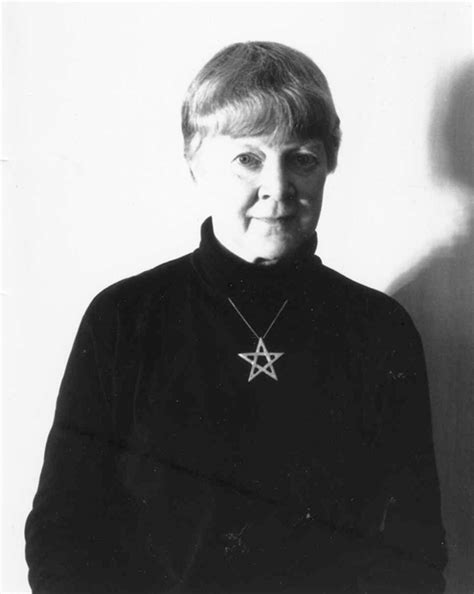A Quote by James Dillet Freeman
And the faith that grows out of questioning is stronger than the faith born of blind acceptance. It can withstand the shocks of circumstance. Only he who questions the universe and questions it in utter honesty can grow in his comprehension of the truth.
Related Quotes
For every gain in deep certitude there is a corresponding growth of superficial "doubt." This doubt is by no means opposed to genuine faith, but it mercilessly examines and questions the spurious "faith" of everyday life, the human faith which is nothing but the passive acceptance of conventional opinion.
Most of what happens in the world is far beyond a dog's comprehension, so they must turn to their faith in us to help them navigate life's treacheries. Don't we, also, have unanswerable questions about the vagaries of modern existence for which the answer is beyond human grasp, so that only our faith can guide us?
Questions are not happenstance thoughts nor are questions common problems of today which one picks up from hearsay and booklearning and decks out with a gesture of profundity questions grow out of confrontation with the subject matter and the subject matter is there only where eyes are, it is in this manner that questions will be posed and all the more considering that questions that have today fallen out of fashion in the great industry of problems. One stands up for nothing more than the normal running of the industry. Philosophy interprets its corruption as the resurrection of metaphysics.
It need not discourage us if we are full of doubts. Healthy questions keep faith dynamic. In fact, unless we start with doubts we cannot have a deep-rooted faith. One who believes lightly and unthinkingly has not much of a belief. One who has a faith which is not to be shaken has won it through blood and tears-has worked his or her way from doubt to truth as one who reaches a clearing through a thicket of brambles and thorns.
The Bible never tells us to take a blind leap of faith into the darkness and hope that there's somebody out there. The Bible calls us to jump out of the darkness and into the light. That is not a blind leap. The faith that the New Testament calls us to is a faith rooted and grounded in something that God makes clear is the truth.
True belief is not about blind submission. It is about open-eyed acceptance, and acceptance requires persistent distance from the truth, and that distance is doubt. Doubt, in other words, can feed faith, rather than destroy it. And it forces us, even while believing, to recognize our fundamental duty with respect to God's truth: humility. We do not know. Which is why we believe.
Truth has advocates who seek understanding," Richard said. "Corrupt ideas have miserable little fanatics who attempt to enforce their beliefs through intimidation and brutality... through faith. Savage force is faith's obedient servant. Violence on an apocalyptic scale can only be born of faith because reason, by its very nature, disarms senseless cruelty. Only faith thinks to justify it.
Belief, as I use the word here, is the insistence that the truth is what one would "lief" or wish it to be. The believer will open his mind to the truth on condition that it fits in with his preconceived ideas and wishes. Faith, on the other hand, is an unreserved opening of the mind to the truth, whatever it may turn out to be. Faith has no preconceptions; it is a plunge into the unknown. Belief clings, but faith lets go.







































